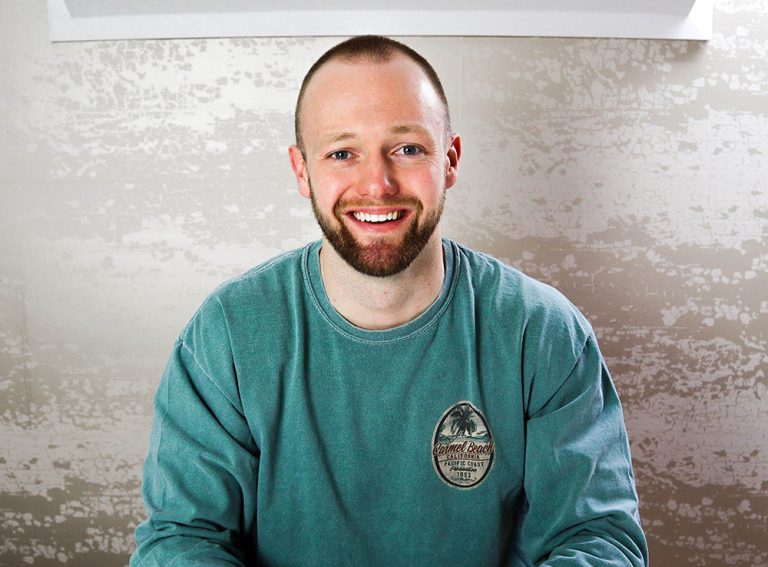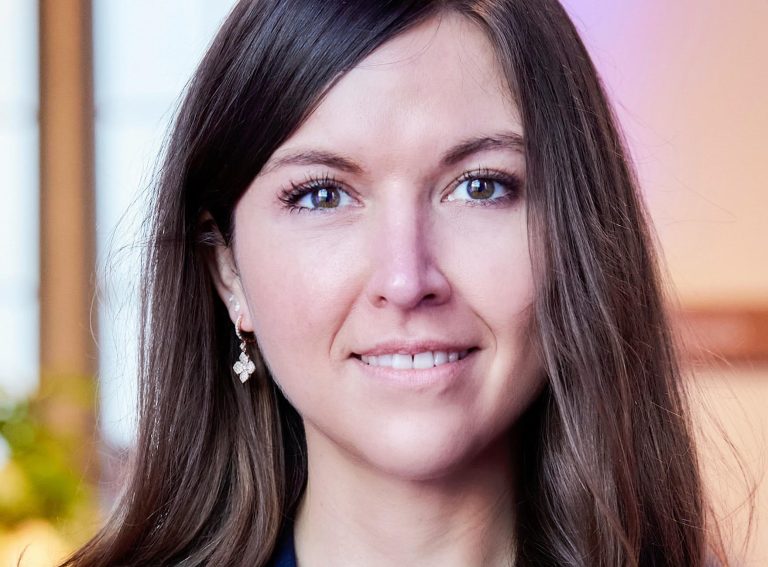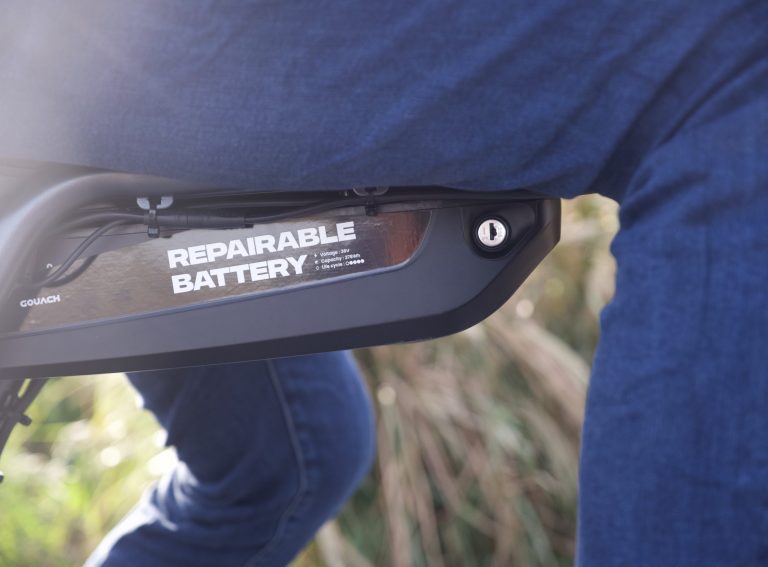A new public bikeshare system with a service area more than twice the size of Singapore has launched in Poland.
And it has seen 138,000 new users in just two months.
Powered by global micromobility software platform Urban Sharing and operated by INURBA Mobility, Mevo 2.0 covers Poland’s Tricity region of Gdańsk, Gdynia, and the town of Sopot.
Zag: The Mevo 2.0 bikeshare scheme saw three phases in its rollout. Phase Two entailed offering the service for free. How did people respond to this?
KB: “Gdańsk grew by 138,000 unique users in 2 months! For the first few days of Phase Two, we saw 20,000 new users a day and around 40,000 trips a day. After about three weeks, we had 100,000 unique users on the system which means all of those people had signed up to the service. Tricity has a population of 700,000 inhabitants so approximately 1 in 7 residents tried out the bikeshare scheme. In Gdańsk, however, the population is about 500,000, and this is where most of the trips came from. So, it’s more like 1 in 5 for Gdańsk.”
Zag: The free nature of the bikeshare ended when the scheme moved into Phase Three in November. Why was the decision made to make the service chargeable?
KB: “The aim was to boost the bikeshare scheme across Tricity as much as possible. The free nature of the service in Phase Two put our software under great stress during this giant trial.
“For INURBA, of course they had to avoid investing everything they had to get the system running, but another challenge they faced is that their staff needed to travel dozens of kilometres to pick up the bikes and put them in the right location for the next day. It’s absolutely not sustainable. It’s not just about offering lots of vehicles to try and balance the system, but the system also needs to balance itself somehow. Moving into Phase Three was a win for Urban Sharing, for INURBA, and for the City Hall.”
Zag: How did the Polish national election play a part in the transition to Phase Three?
KB: “As soon as the election took place, it calmed the waters down in terms of how much population acceptance there would be for charging bikeshare users. Whilst I don’t think it’s a big source of revenue for the City Hall, tendered bikeshare systems are usually seen as complementary to the public transport system. The benefits that it gives the city are that it’s environmentally friendly, cars are taken off the streets, and citizens are also given the alternative of active mobility options subsidised by the City Hall. This is a trend that’s been happening all over Europe. The authorities of Tricty are basically positioning the region as one of the leading cities in which Europeans can move to and work from because they have alternatives and they have subsidised public transport.”
Zag: Is a free system the right system?
KB: “No. Absolutely not. It creates a mindset in citizens that the bikes or the fleet in general doesn’t have any worth attached to it. In Tricity the vandalism has been heavy, especially in downtown areas. Communities need to get used to a bikeshare system the way they’re used to public transport, because then they will respect that it’s part of what the community is using. If you start out by giving something completely free, you end up not really letting people have that feeling of ownership towards it. It might look good on a political level, but it has proven to be a giant challenge for the operators who struggle to get their staff around the city and try to create order in an already anarchical way of distributing fleets.”
Zag: But if your system saw 138,000+ new users in under two months when the service was free, then you have 138,000 people who are potentially willing to make the switch to electric vehicles. Surely a free system makes the most sense?
KB: “I agree that this is a very aggressive way of getting new users and it’s a fantastic marketing trial which clearly worked. But in theory, this practice could be repeated for only a certain amount of time. A city should know that you have to pay for the system somehow and it can’t act like things worked out just by grace. The trial worked on the premise of abusing the working hours of staff in Poland: software developers, operators. Everyone was working overtime because of poor planning. A city needs to give the industry some certainty that it’s not going to die financially speaking. The trial was fantastic for user onboarding and we’re hoping that at least 100,000 of our new users stay with us. But I don’t think it was planned in the right way. A free system can work for a short amount of time as long as there is a good plan and financial support. You cannot do what Tricity did this time.”





